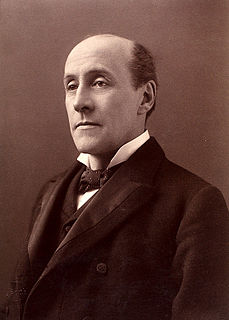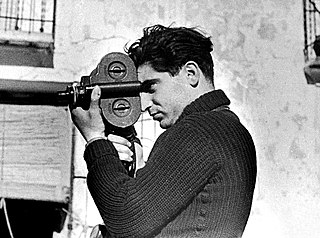A Quote by William Shakespeare
He uses his folly like a stalking-horse, and under the presentation of that he shoots his wit.
Related Quotes
This fellow is wise enough to play the fool; And to do that well craves a kind of wit: He must observe their mood on whom he jests, The quality of persons, and the time, And, like the haggard, check at every feather That comes before his eye. This is a practise As full of labour as a wise man's art For folly that he wisely shows is fit; But wise men, folly-fall'n, quite taint their wit.
I like my boy with his endless sweet soliloquies and iterations and his utter inability to conceive why I should not leave all my nonsense, business, and writing and come to tie up his toy horse, as if there was or could be any end to nature beyond his horse. And he is wiser than we when [he] threatens his whole threat "I will not love you."
The functional importance of the ego is manifested in the fact that normally control over the approaches to motility devolves upon it. Thus in its relation to the id it is like a man on horse back, who has to hold in check the superior strength of the horse; with this difference, that the rider tries to do so with his own strength while the ego uses borrowed forces.
...a man estimable for his learning, amiable for his life, and venerable for his piety. Arbuthnot was a man of great comprehension, skilful in his profession, versed in the sciences, acquainted with ancient literature, and able to animate his mass of knowledge by a bright and active imagination; a scholar with great brilliance of wit; a wit who, in the crowd of life, retained and discovered a noble ardour of religious zeal.





































